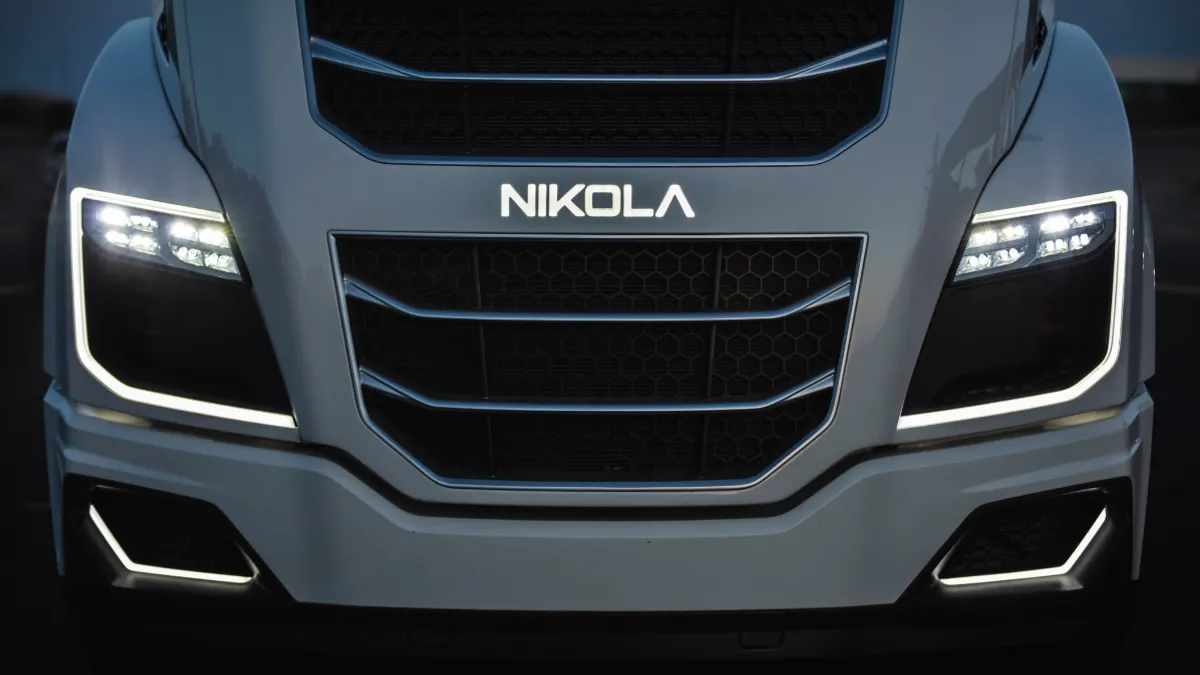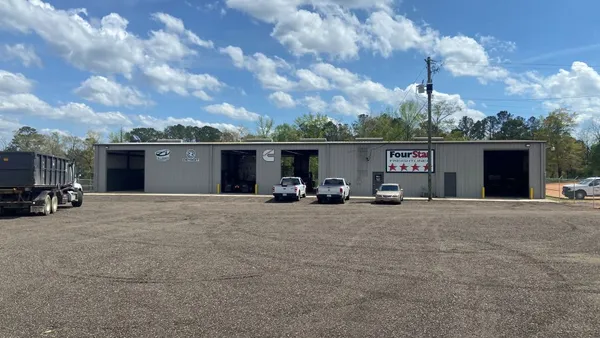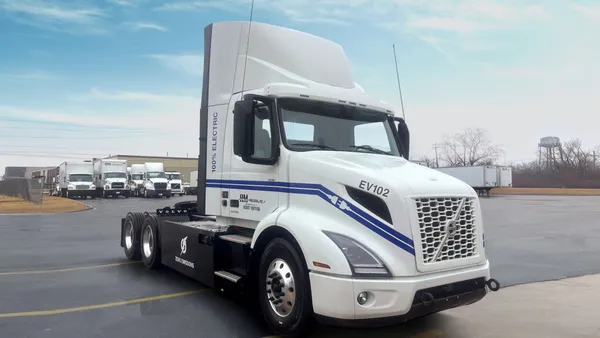For more than a year, the future of Nikola has been questionable.
The electric truck OEM found itself the subject of a U.S. Department of Justice investigation that led to counts of wire and securities-related fraud. At the center of the charges was founder and former chairman Trevor Milton.
As Milton resigned, the industry was left wondering if the company would survive. But now it seems the answer is clear: yes, at least for the foreseeable future.
Recently, multiple fleets have signed letters of intent to purchase Nikola's electric vehicles. Among prospective customers are Saia, USA Truck, Heniff Transportation and Covenant Logistics Group.
While fleets might see something specific in Nikola that they align with, as opposed to other EV OEMs, getting ready to procure greener equipment is part of a larger trend.
'The starts are aligning'
Many of the right ingredients are falling into place for a nearer future of EV trucking, said Andrej Divis, director of global truck research at IHS Markit.
"The technology has greatly evolved," he said. "In addition, product availability has improved, designs are better and costs have come down. All of these factors make EV purchases more feasible."
The current regulatory environment is also making the consideration of EV trucks a smart move. Environmental, social and governance requirements with 2025 and 2030 targets at the federal level are spurring states to get ahead of the curve, Divis said.
"Many fleets are looking to get experience with a new product as it comes into play," said Divis. "The stars are aligning."
"Product availability has improved, designs are better and costs have come down. All of these factors make EV purchases more feasible."

Andrej Divis
Director of Global Truck Research, IHS Markit
Emissions legislation is also appearing at the state level and in smaller jurisdictions.
"If you look at the electrification of city buses, that's because there's a good deal of funding available," said IHS Markit's Antti Lindstrom, principal analyst for commercial vehicle forecasting. "EV trucks are arriving at the right moment."
Alongside external pressures, fleets are also compelled to look into EVs due to internal pressures, a Nikola spokesperson said. They have their own sustainability commitments and want to support their communities.
"Transitioning to zero-emissions is inevitable in the evolution of the commercial trucking industry," the spokesperson said.
Milk runs make sense
In the case of Covenant, the letter of intent included plans to purchase 10 Nikola Tre battery-electric vehicles and 40 Nikola Tre fuel-cell-electric vehicles, subject to a satisfactory demonstration program for each.
"We are a full truckload, long-haul operation." said Matt McLelland, vice president of sustainability and innovation at Covenant. "So, this electrification is small in our overall picture. But we have enough customers asking for EVs, so we began looking into how it could fit our operations."
After some research, Covenant determined an EV approach made sense when it came to last-mile or "milk run" deliveries.
"My job is to work with people who can help us with this, and to explain to customers when electrification can and can't work for them," McLelland explained. "In many cases, it's a conversation about how EV might make sense in the future, but not yet."
Current EV truck models have a range of about 150 miles, which isn't enough for some operations. And a lack of robust infrastructure is holding back bigger rollouts.
"Our average length of haul is 900 miles," said McLelland. "We're not near that kind of mileage with EVs, so it will likely be five to 10 years before they become a significant portion of our fleet."
There are also supply chain issues and staffing headwinds that are hampering production.
"All of that is hitting truck manufacturers hard," said Lindstrom.
But McLelland said he is confident in the decision to select Nikola as a partner.
"We've been to their headquarters, ridden in their trucks and took them up on an invitation for driver input into design," he said. "We're convinced they're around for the long haul — otherwise you wouldn't see companies like ours make public announcements like this."












